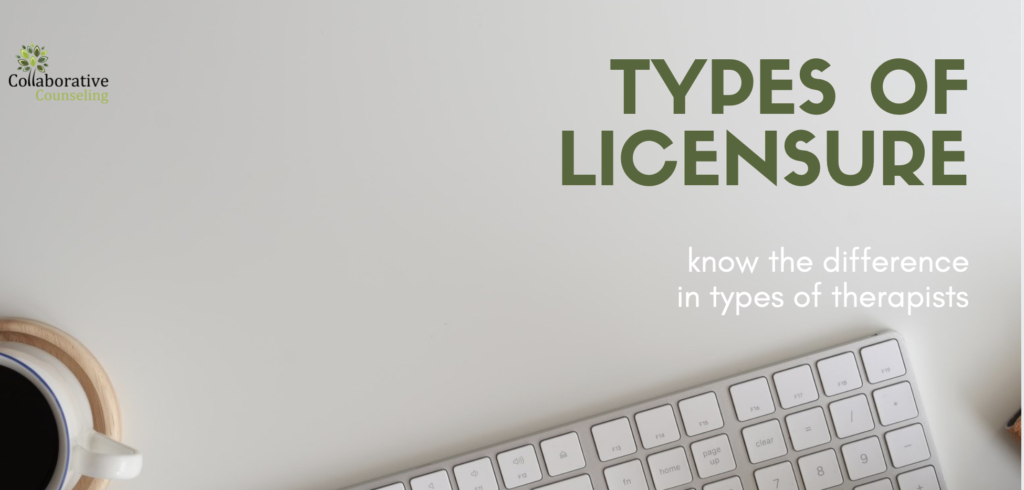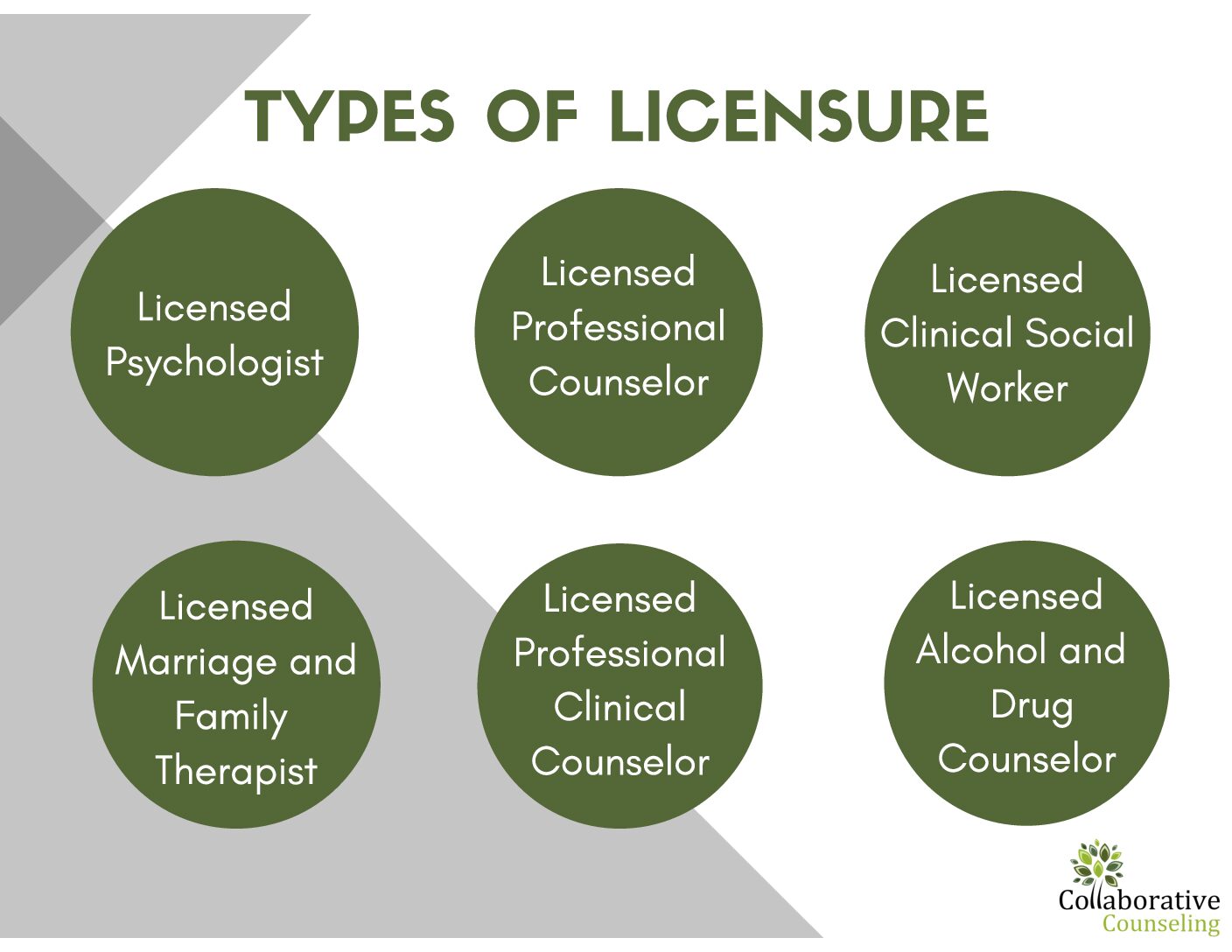How to Communicate with Your Child Who Suffers from Depression and Anxiety
Posted by Collaborative Counseling

Depression and anxiety are common mental health problems that can affect children and adolescents. If your child is struggling with these conditions, it is important to communicate with them in a way that is supportive and understanding.
Here are some tips for communicating with your child who suffers from depression and anxiety:
- First, Be patient and understanding. It is important to remember that your child is not choosing to feel this way. Depression and anxiety are real medical conditions that can be very difficult to deal with. Be patient with your child and try to understand what they are going through.
- Second, Create a safe space for communication. Let your child know that they can talk to you about anything, without judgment. Make sure they feel comfortable coming to you with their thoughts and feelings.
- Third, Avoid blaming or shaming. It is important to avoid blaming or shaming your child for their depression or anxiety. These conditions are not caused by anything your child has done wrong.
- Last, Encourage your child to seek professional help. If your child is struggling with depression or anxiety, it is important to encourage them to seek professional help. A therapist can help your child develop coping mechanisms and strategies for managing their symptoms.
In addition to these general tips, there are a few specific things you can do to communicate with your child about their depression or anxiety:
- Ask open-ended questions. When you are talking to your child about their depression or anxiety, try to ask open-ended questions. This will help you get a better understanding of how they are feeling and what they are going through.
- Listen actively. When your child is talking to you, it is important to listen actively. This means paying attention to what they are saying, without interrupting or judging them.
- Validate their feelings. Let your child know that their feelings are valid. This doesn’t mean that you have to agree with everything they say, but it does mean that you respect their right to feel the way they do.
- Offer support. Let your child know that you are there for them and that you will support them through whatever they are going through.
Communicating with your child about their depression or anxiety can be challenging, but it is important to remember that you are not alone. There are many resources available to help you and your child cope with these conditions. With time and support, your child can overcome depression and anxiety and live a healthy and happy life.
Here are some additional resources that may be helpful:
- The National Alliance on Mental Illness (NAMI): NAMI is a national organization that provides support and resources to people with mental illness and their families. You can find more information on their website at www.nami.org.
- The Anxiety and Depression Association of America (ADAA): ADAA is a national organization that provides information and resources on anxiety and depression. You can find more information on their website at www.adaa.org.
- The National Child Traumatic Stress Network (NCTSN): NCTSN is a national network of organizations that provide support and resources to children who have experienced trauma. You can find more information on their website at www.nctsn.org.

 View Our Locations
View Our Locations Request Appointment
Request Appointment



